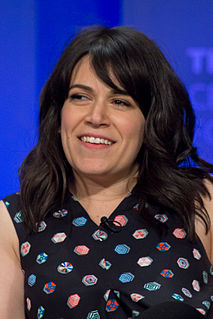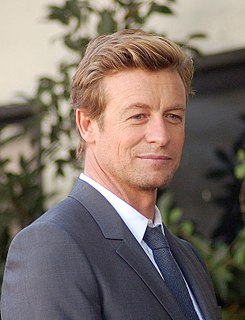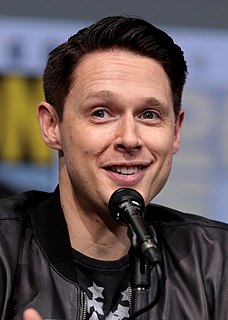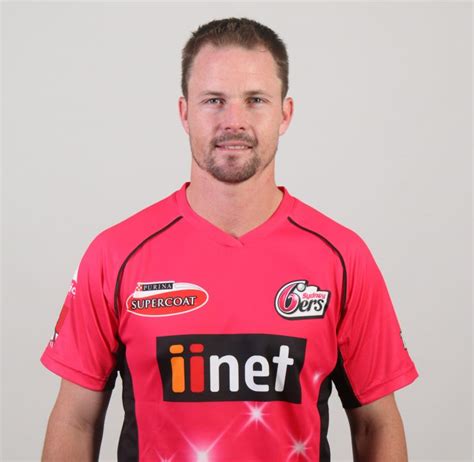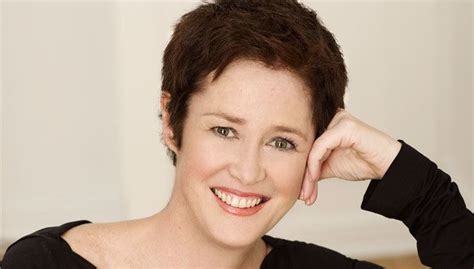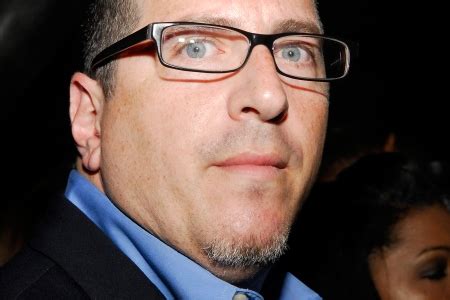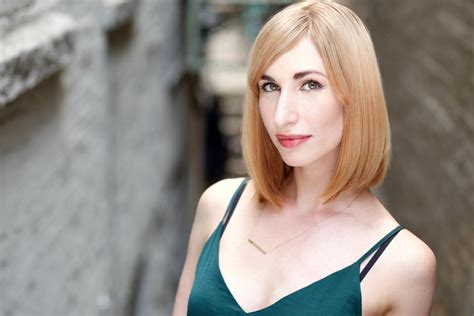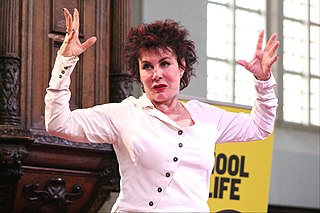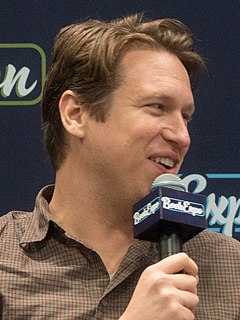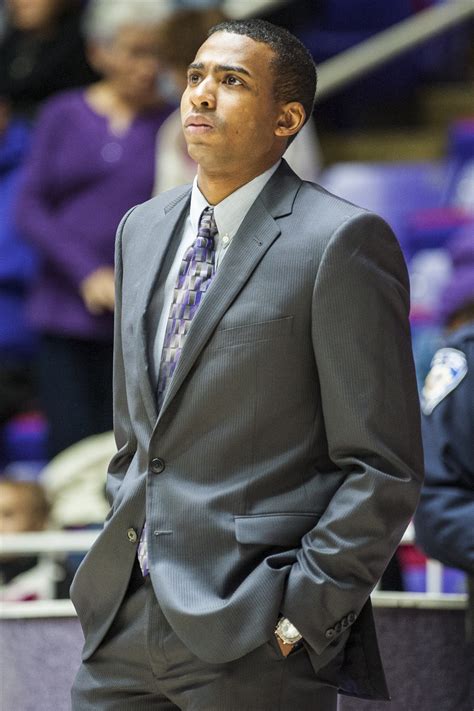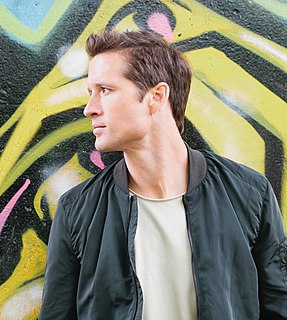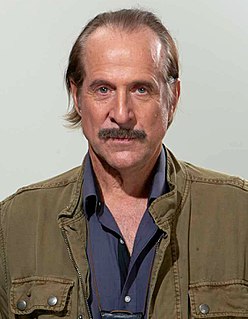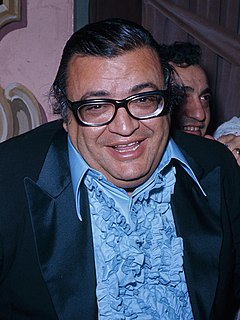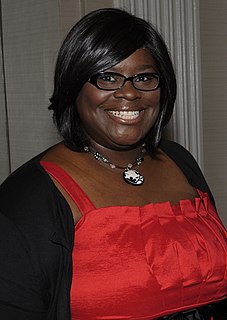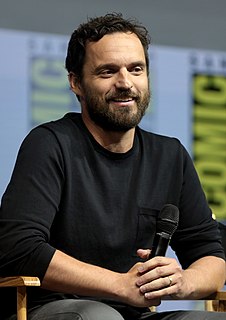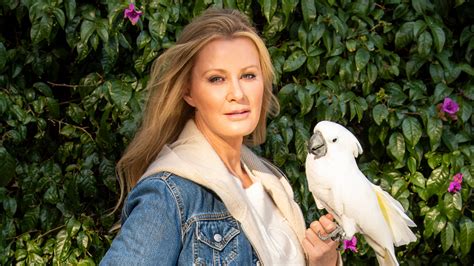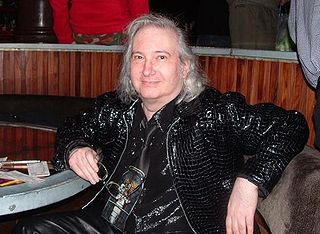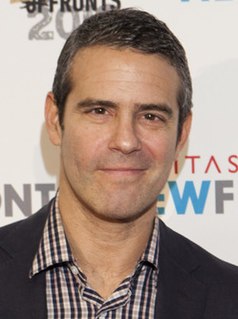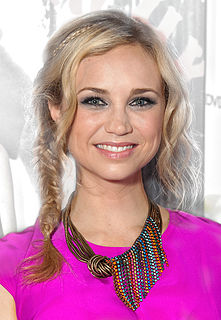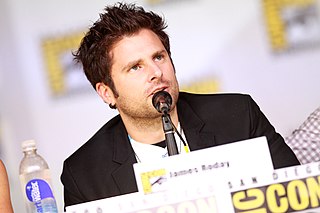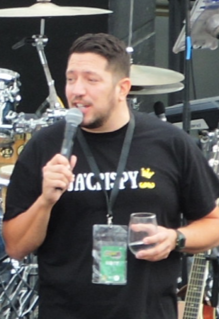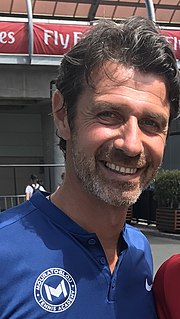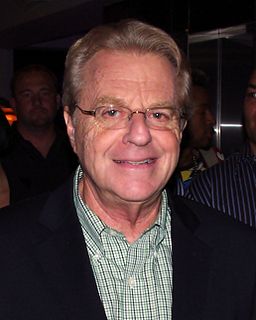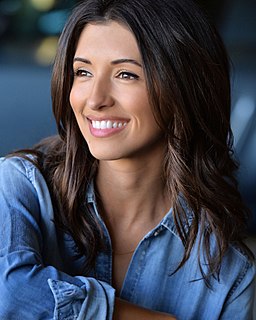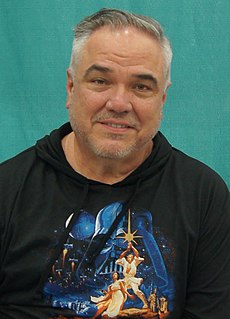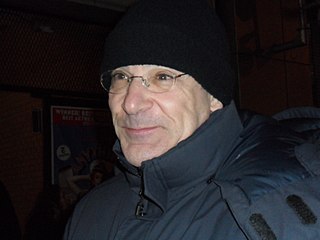Top 1200 Horse Show Quotes & Sayings - Page 7
Explore popular Horse Show quotes.
Last updated on December 18, 2024.
We should use our economic power in lots of different ways. I think we can use that in order to keep [Vladimir] Putin contained, because he is a one-horse show. Energy. And we have an abundance of energy, but we have archaic energy exportation rules. We need to get rid of those, allow ourselves to really make Europe dependent on us and other parts of the world dependent on us for energy. Put him back in his little box where he belongs.
Whenever the horse stopped (which it did very often), he fell off in front; and, whenever it went on again (which it generally did rather suddenly), he fell off behind. Otherwise he kept on pretty well, except that he had a habit of now and then falling off sideways; and, as he generally did this on the side on which Alice was walking, she soon found that it was the best plan not to walk quite close to the horse.
Sometimes it's difficult because you like some regularity in your life, but never knowing who's gonna pop up at what show, what person you might see that you don't expect to see in that city, what problem you're gonna have that night, even the problems at some of these venues, if you look at them the right way, it's an adventure. You're like a cowboy. That's the best part about being in the music industry. You get your gun and you ride your horse.
I have always been involved with radio, whether it was as an artist talking to radio about my own songs, or as a promotion man at Def Jam to working records through my company. In 2000 I was asked to host a show in Norfolk VA and through that show I was then asked to host the morning show in Detroit. The concept of the show was around Hip Hop. We were active in the community and we wanted to do a local show that had a hip hop feel around it.
It [The Esemblist] is also about the generation of audience members that are watching shows and listening to us at the same time; hopefully, in time, when they listen to our show and then go see a show, they'll realize even more what it takes to make a show, and they'll know even more about everybody on stage, rather than just people above the title of the show.
At the core of an analytical edge is an ability to systematically distinguish between fundamentals and expectations. Fundamentals are a well thought out distribution of outcomes, and expectations are what's priced into an asset. A power metaphor is the [pari-mutuel] racetrack. The fundamentals are how fast a given horse will run and the expectations are the odds on the tote board. As any serious handicapper knows, you make money only by finding a mispricing between the performance of the horse and the odds. There are no 'good' or 'bad' horses, just correctly or incorrectly priced ones.
The very beginning of Genesis tells us that God created man in order to give him dominion over fish and fowl and all creatures. Of course, Genesis was written by a man, not a horse. There is no certainty that God actually did grant man dominion over other creatures. What seems more likely, in fact, is that man invented God to sanctify the dominion that he usurped for himself over the cow and the horse.
Mind you, Mount Rushmore isn't exactly the Parthenon or the Sistine Chapel either. After the naïve daftness of the Crazy Horse monument, I find the pompous idiocy of those four presidents somehow more risible still. Wishing to show respect or feel a vicarious thrill of admiration and pride, I can only giggle. For which I am very sorry. Any loyal American reading this who feels outraged and insulted is free to explode with derisive snorts of laughter at any British equivalent.
Let me show you how to drive me crazy,Let me show you how to make me feel so good,Let me show you how to take me to the edge of the stars and back again.You've gotta show me how to drive you crazy,You've gotta show me all the things you wanna happen to you,We've gotta tell each other everything, we always wanted someone to do.
I love a smart, well-written show, and '30 Rock,' well, you can't get any better than that. Tina Fey poos funny. There's nothing that she does that isn't funny. That show is an example of how brilliant she is. It's so smart. They've done some brilliant commentary about the 'Housewives' with 'Queen of Jordan,' their show-within-the-show.
One of the things I've learned - before I would go on a show, I was like, "Oh God, I hate that show" or "That show is gonna get canceled." But now after being full-time on a show, you see how difficult it is and how much work goes into it and how so many decisions are based on finances or people's schedules or talent or location issues. It's a miracle that anything gets made.
I had no interest in being an actress what so ever, and when I was about 14 or 15, I was signed to a company in England. They owned a children's TV show which they put me in as a singer, and I was on the show for three years, and I left the show when I was 18 and started looking for a record contract.
I was a crazy Pee-wee Herman fan when I was in my early teens. Before he had the kids' TV show, he had a nightclub show in L.A., and I had gotten a VHS copy of it. It was a kids' show, but onstage in a bar, so it's sort of poking fun at the kids' show. And I was obsessed with that, and then 'Pee-wee's Big Adventure.'
